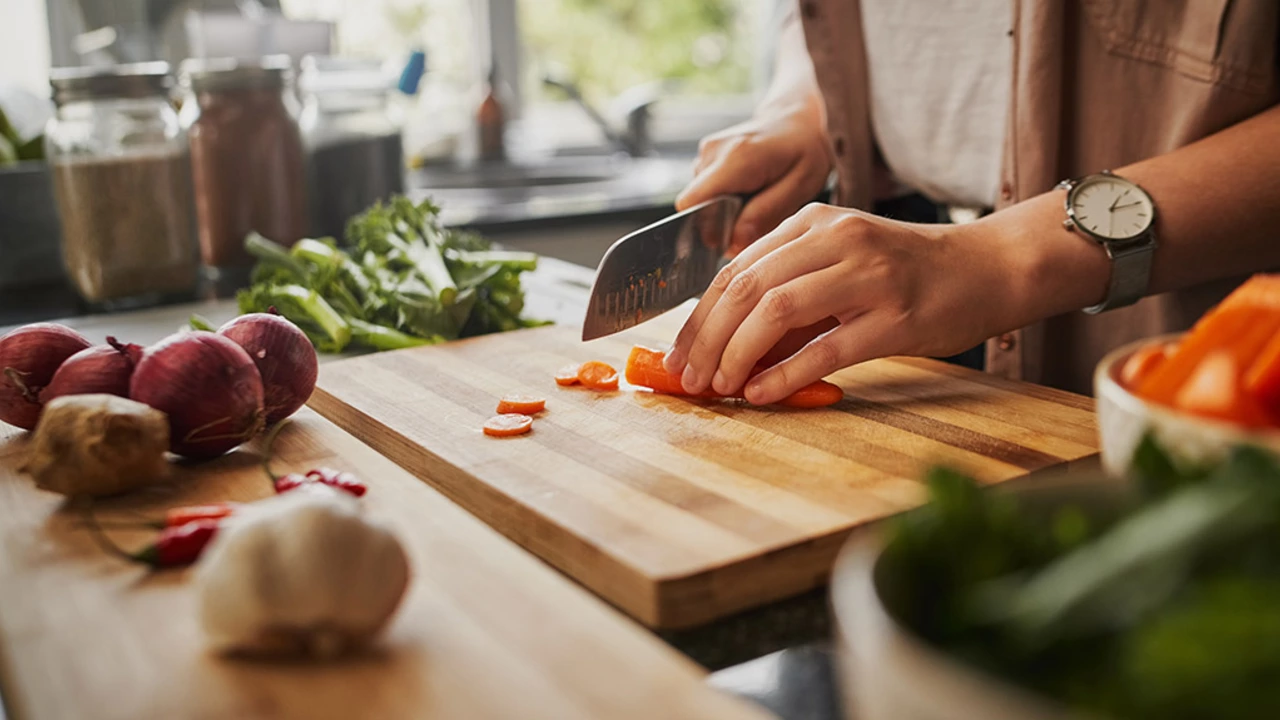What is the biggest myth about cooking?
26 July 2023

Introduction: The Myths and Realities of Cooking
We've all heard various myths about cooking, some passed down through generations, others propagated by popular media. But how many of these are really true? Let's delve into some common misconceptions, and separate the wheat from the chaff. In this article, we're going to debunk the biggest myth about cooking.
The 'High Heat Cooks Faster' Myth
One common myth is that high heat cooks food faster. While technically true, it's not the whole story. Cooking is not just about heat - it's about how that heat is transferred to the food. High heat can cause the outside of your food to cook (or even burn) quickly, while leaving the inside undercooked. Cooking at a moderate temperature allows heat to penetrate evenly, cooking the food thoroughly without burning it.
Myth of 'Sealing in the Juices'
Another popular myth is that searing meat 'seals in the juices'. The truth is, searing does not create an impenetrable barrier that locks in moisture. Rather, it creates a rich, brown crust that's full of flavor. While searing can add great depth of flavor, it's not the key to juicy meat. That's more about not overcooking it.
'Adding Salt Makes Water Boil Faster' Myth
Does adding salt to water make it boil faster? No. In fact, salt raises the boiling point of water, meaning it takes slightly longer to boil. The reason we add salt to boiling water, especially when cooking pasta, is to season the food, not to speed up the cooking process.
The 'Stirring Rice Makes it Sticky' Myth
Some people believe that stirring rice while it's cooking will make it sticky. This is not the case. The stickiness of rice is determined by the type of rice and how it's prepared before cooking, not by stirring. In fact, stirring can help prevent rice from sticking to the bottom of the pot.
'Oil Prevents Pasta from Sticking' Myth
Many people add oil to pasta water in the belief it prevents the pasta from sticking together. However, the oil usually floats on top of the water and doesn't mix with the pasta. It's actually the stirring of pasta in boiling water that prevents it from sticking together.
The 'Alcohol Burns Off During Cooking' Myth
Contrary to popular belief, not all alcohol burns off during cooking. The amount that remains depends on the cooking method and time. For example, a dish that's flambéed will retain about 75% of the alcohol, while a dish that's simmered for over two hours might retain only 5%. So, if you're serving to children or those who abstain from alcohol, it's best to look for alcohol-free alternatives.
Conclusion: The Truth About Cooking
As we've seen, many popular cooking myths are just that - myths. By understanding the science behind cooking, you can make informed decisions in the kitchen, leading to better tasting, healthier, and more satisfying meals. So, the next time you hear a cooking 'fact', take it with a grain of salt and do your own research. Happy cooking!